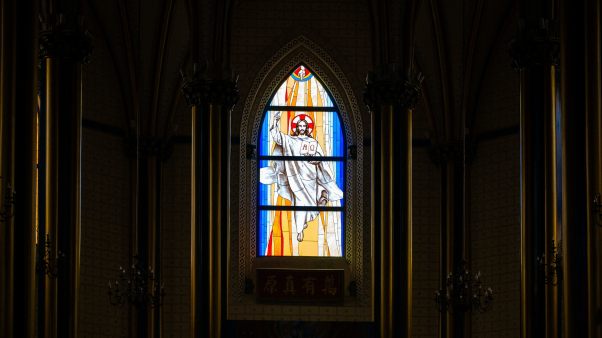A new seminary, the Center for Theological Studies, opened last month in Newport Beach, California. Its first twelve students, some of them entering masters of divinity programs, met in classrooms at a local Christian high school. These humble beginnings would have little significance except for one thing: Administering the fledgling school are ten faculty and staff members who terminated their contracts and left the Anaheim-based Melodyland School of Theology—just fifteen miles to the north—in an administrative dispute last November (Dec. 1, 1978, issue, p. 42).
Daniel A. Tappeiner, the new dean of faculty, says the Center will have an “ecumenical” appeal. (Melodyland, since the departure of twelve full- and part-time faculty, has changed the name of its graduate program to the Anaheim Christian Theological Seminary [ACTS]. A change of school name had long been under consideration and was among the demands presented to school chancellor Ralph Wilkerson in a declaration signed by nineteen faculty and staff members.)
The Center will not be a “Bible school,” said Tappeiner, the former vice president for academic and student affairs at Melodyland. Instead, he said, the school will offer a “solid biblical and theological base upon which to produce persons who are professionals in ministry.”
The new Center for Theological Studies will have only graduate level courses. Presently, courses are taught in social work, Christian education, and in a master of divinity program—though the school had not yet received state approval to grant degrees.
Due to the tiny enrollment at the Center, most of the faculty (like some of the students) were only part-time. A search is underway for a school president, and Tappeiner, who once taught systematic theology at Fuller Theological Seminary, says he will recruit students from a cross section of denominations “who are serious about pastoral training.”
Tappeiner helped draft the Melodyland statement of faith and adopted it for use at the Center.
The school will have “a style of openness and community,” said Tappeiner, whose faculty had protested that Wilkerson exercised too much control. It will retain a “balanced charismatic emphasis.”
The dean envisions a future school size of between 100 and 200 students—small enough to retain “community”—but expects that the school will be some time in reaching that figure.










